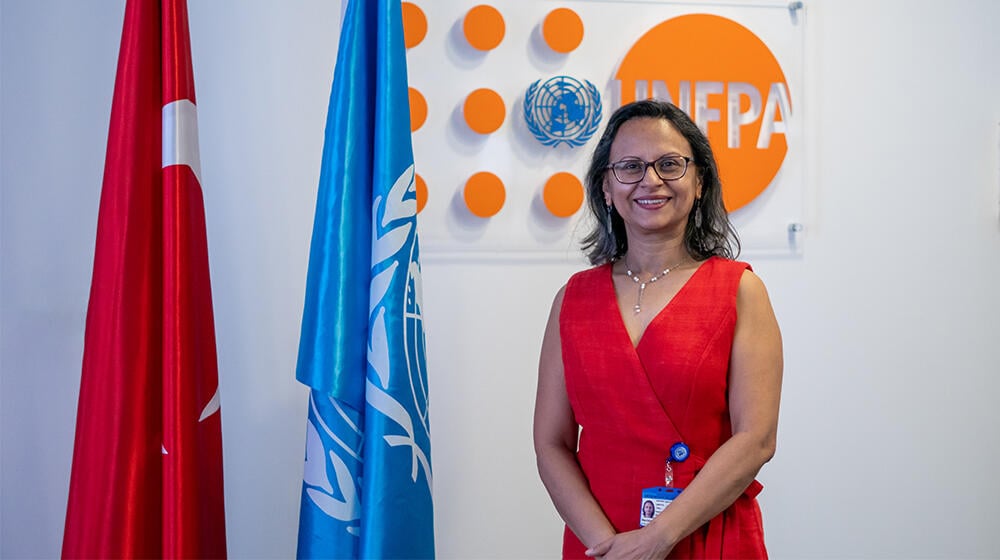The climate crisis is well known as an environmental and economic issue but lesser known as a profound public health challenge—particularly for sexual and reproductive health (SRH), amplifying existing inequalities and disproportionately affecting women and young people. Rising global temperatures, extreme weather events, and environmental degradation not only disrupt essential health services, they also influence the desire and ability of men and women to bear children!
Rising temperatures and extreme weather events have direct, devastating consequences for SRH including male and female fertility. Heat exposure increases maternal and neonatal health risks including stillbirths, preterm births, and miscarriages. A 1°C rise in temperature in the week before delivery, increases the likelihood of stillbirth by 6%. Disasters and displacement both disrupt access to contraceptives, safe childbirth services, and essential SRH commodities, leaving millions of women and girls vulnerable. In addition, water scarcity and poor sanitation compromise menstrual health, further affecting reproductive well-being. Fertility aspirations are declining as youth anxiety about the future intensifies. Moreover, climate-induced poverty exacerbates gender-based violence and harmful practices like child marriage, as families struggle to make ends meet.
At COP29, the links between climate change and SRH received much-needed attention, albeit with room for greater integration in climate action. UNFPA advocated for people-centered policies and climate-resilient health systems which is only possible if national climate strategies recognize the interconnection of population dynamics, reproductive health & climate resilience.
Through 11 side events at the Azerbaijan, Pakistan, Uzbekistan, Türkiye, UN Azerbaijan and NGO pavilions, thanks to partnerships with governments, private sector, academia, civil society and youth, UNFPA highlighted a future where health, rights, and resilience are safeguarded by prioritizing SRH, including fertility, as a cornerstone of sustainable climate action. A joint event organized with the Turkish government explored how women and youth can serve as empowered actors in climate adaptation and mitigation. The Deputy Minister of Family and Social Services, Adil Çalışkan and Deputy Director of Climate Change Tugba Dinçbaş collaborated in the event.
Despite some progress at COP29, such as the extension of the Enhanced Lima Work Programme on Gender and commitments to gender-responsive climate finance, there is much room to enhance connection of demography and reproductive health in the updated Nationally Determined Contributions (NDCs). These plans need clear actionable targets for addressing the demographic impact of climate change.
Looking ahead to COP30, prioritizing inclusion of connections between demography, SRH, including male and female fertility, in climate policies and frameworks must become a global imperative. This includes integrating demography and SRH into NDCs, establishing gender-disaggregated data systems, and ensuring climate finance reaches women and marginalized groups. By empowering women and young people for climate action, we can build sustainable, inclusive resilience to safeguard health and rights in a changing world.
UNFPA remains committed to fostering people centered collaboration, advocacy, and innovation to ensure just solutions for cities, urban and rural communities within global climate strategies. Only by addressing these urgent issues can we honor the principle of leaving no one behind in the fight against climate change.
Mariam A. Khan
UNFPA Representative, Turkiye


